H.R. 2736: Public Service Freedom to Negotiate Act of 2025
This bill, known as the Public Service Freedom to Negotiate Act of 2025, seeks to enhance the rights of public employees regarding collective bargaining and the formation of labor organizations. Here’s a summary of its main components:
Purpose of the Bill
The main objective of the bill is to secure the rights of public employees to:
- Organize and form labor unions.
- Bargain collectively with their employers regarding their wages, hours, and other working conditions.
- Engage in concerted activities aimed at improving their workplace conditions.
Definitions and Key Terms
The bill defines key terms essential to understanding its provisions:
- Public Employee: An individual employed by a governmental entity engaged in commerce.
- Collective Bargaining: The mutual obligation between public employers and their employees to meet and negotiate in good faith on employment terms.
- Labor Organization: An organization that represents the interests of public employees in dealings with employers.
Federal Minimum Standards
The bill requires the Federal Labor Relations Authority (FLRA) to set specific minimum rights and procedures for collective bargaining. These include:
- The right for public employees to organize and choose their own representatives.
- The obligation for public employers to recognize and negotiate with labor organizations.
- Methods for resolving disputes such as mediation or arbitration.
- Provisions for payroll deductions for labor organization fees.
- Prohibitions against practices that intimidate or coerce employees regarding their bargaining rights.
Implementation and Oversight
The FLRA is mandated to determine the adequacy of state laws regarding the above rights and procedures. If a state is found to lack sufficient provisions, the FLRA will take specified actions to enforce compliance, which may include:
- Setting up voting procedures for employee representation elections.
- Resolving complaints about violations of the act.
- Enforcing penalties for non-compliance.
Emergency Services Employees
The bill includes specific provisions for emergency services and law enforcement personnel. It prohibits strikes or lockouts that could disrupt public safety services, while also not overriding state laws related to these employees' striking rights.
Existing Agreements and Protections
Any existing labor agreements or collective bargaining recognitions that were in effect prior to the enactment of this bill will not be invalidated. This ensures continuity for labor relations that were established under previous laws.
Exceptions
The FLRA will not make determinations against states based on certain exceptions, such as those where employees are allowed to represent themselves. States with small populations or those employing fewer than a set number of public employees may also be exempt from certain provisions of this law.
Severability and Funding
The bill includes a severability clause, ensuring that if any part of the law is found unconstitutional, the remaining provisions will still apply. It also authorizes the appropriation of necessary funds to implement the law's provisions.
Relevant Companies
None found
This is an AI-generated summary of the bill text. There may be mistakes.
Sponsors
128 bill sponsors
-
TrackDonald Norcross
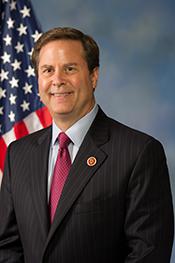
Sponsor
-
TrackAlma S. Adams
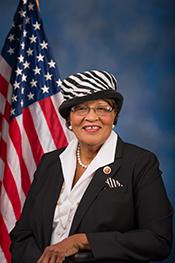
Co-Sponsor
-
TrackYassamin Ansari
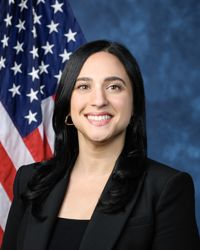
Co-Sponsor
-
TrackDon Bacon

Co-Sponsor
-
TrackNanette Diaz Barragán

Co-Sponsor
-
TrackDonald S. Beyer, Jr.
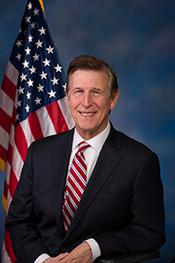
Co-Sponsor
-
TrackSuzanne Bonamici
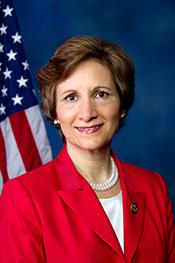
Co-Sponsor
-
TrackBrendan F. Boyle
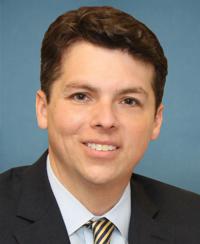
Co-Sponsor
-
TrackShontel M. Brown
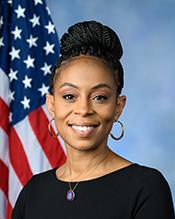
Co-Sponsor
-
TrackJulia Brownley
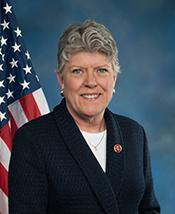
Co-Sponsor
-
TrackNikki Budzinski
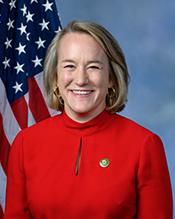
Co-Sponsor
-
TrackJanelle Bynum
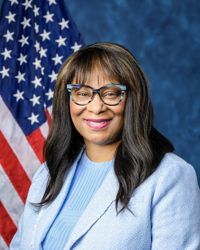
Co-Sponsor
-
TrackAndré Carson
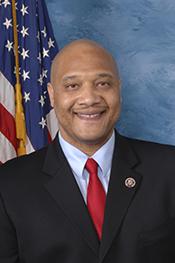
Co-Sponsor
-
TrackTroy A. Carter
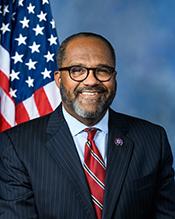
Co-Sponsor
-
TrackGreg Casar
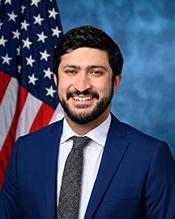
Co-Sponsor
-
TrackEd Case
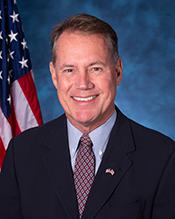
Co-Sponsor
-
TrackSean Casten

Co-Sponsor
-
TrackKathy Castor

Co-Sponsor
-
TrackSheila Cherfilus-McCormick
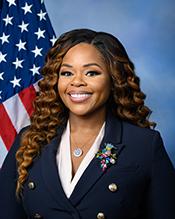
Co-Sponsor
-
TrackJudy Chu

Co-Sponsor
-
TrackYvette D. Clarke
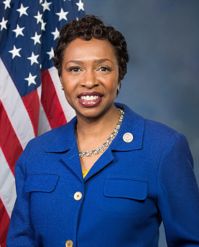
Co-Sponsor
-
TrackEmanuel Cleaver
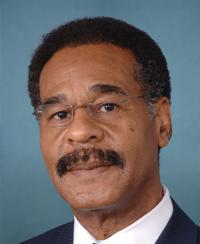
Co-Sponsor
-
TrackHerbert Conaway
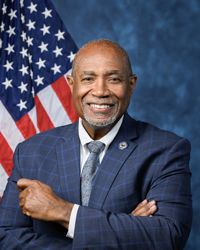
Co-Sponsor
-
TrackJim Costa

Co-Sponsor
-
TrackJoe Courtney
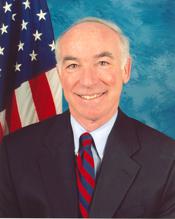
Co-Sponsor
-
TrackDonald G. Davis
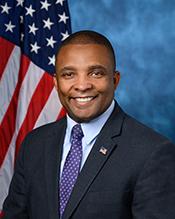
Co-Sponsor
-
TrackDanny K. Davis
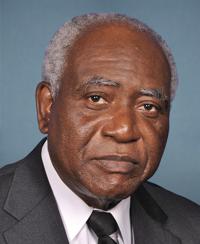
Co-Sponsor
-
TrackDiana DeGette
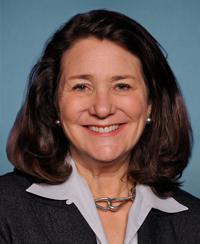
Co-Sponsor
-
TrackRosa L. DeLauro

Co-Sponsor
-
TrackMadeleine Dean
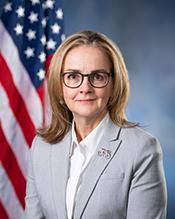
Co-Sponsor
-
TrackSuzan K. DelBene
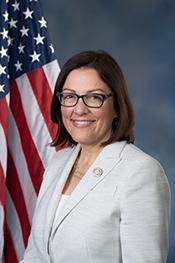
Co-Sponsor
-
TrackChristopher R. Deluzio
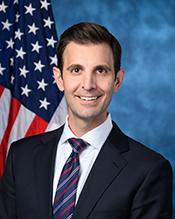
Co-Sponsor
-
TrackMaxine Dexter

Co-Sponsor
-
TrackDebbie Dingell

Co-Sponsor
-
TrackSarah Elfreth

Co-Sponsor
-
TrackDwight Evans
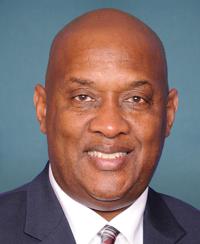
Co-Sponsor
-
TrackShomari Figures
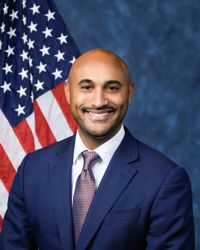
Co-Sponsor
-
TrackBrian K. Fitzpatrick

Co-Sponsor
-
TrackLizzie Fletcher
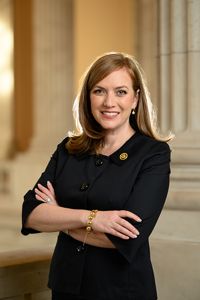
Co-Sponsor
-
TrackBill Foster
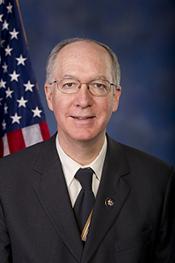
Co-Sponsor
-
TrackValerie P. Foushee
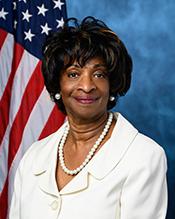
Co-Sponsor
-
TrackLois Frankel
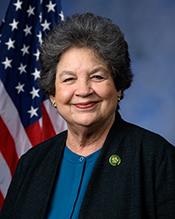
Co-Sponsor
-
TrackLaura Friedman

Co-Sponsor
-
TrackMaxwell Frost
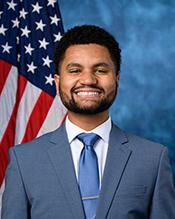
Co-Sponsor
-
TrackJohn Garamendi

Co-Sponsor
-
TrackAndrew R. Garbarino
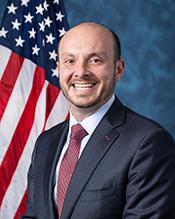
Co-Sponsor
-
TrackRobert Garcia
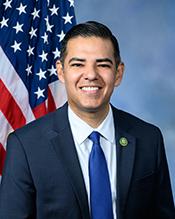
Co-Sponsor
-
TrackJesús G. "Chuy" García
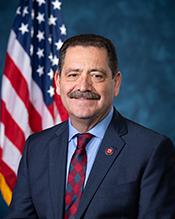
Co-Sponsor
-
TrackLaura Gillen
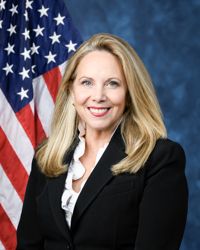
Co-Sponsor
-
TrackDaniel S. Goldman
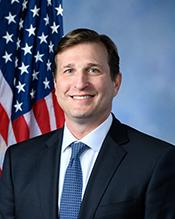
Co-Sponsor
-
TrackJimmy Gomez
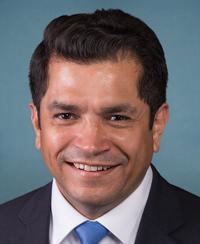
Co-Sponsor
-
TrackMaggie Goodlander
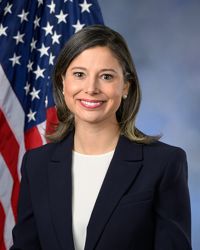
Co-Sponsor
-
TrackJosh Gottheimer

Co-Sponsor
-
TrackJahana Hayes
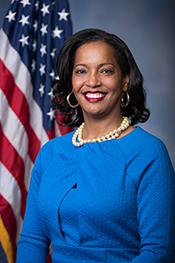
Co-Sponsor
-
TrackSteven Horsford
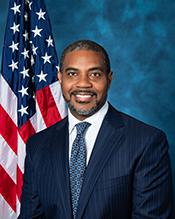
Co-Sponsor
-
TrackChrissy Houlahan
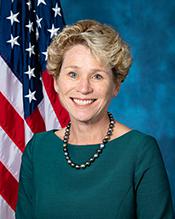
Co-Sponsor
-
TrackSteny H. Hoyer

Co-Sponsor
-
TrackGlenn Ivey
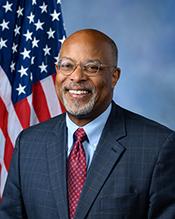
Co-Sponsor
-
TrackSara Jacobs

Co-Sponsor
-
TrackPramila Jayapal

Co-Sponsor
-
TrackHenry C. "Hank" Johnson, Jr.
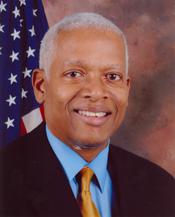
Co-Sponsor
-
TrackRobin L. Kelly

Co-Sponsor
-
TrackTimothy M. Kennedy
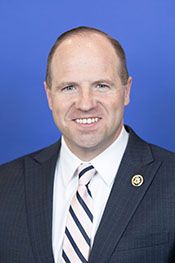
Co-Sponsor
-
TrackRo Khanna

Co-Sponsor
-
TrackRaja Krishnamoorthi
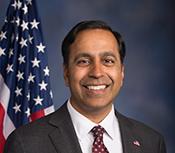
Co-Sponsor
-
TrackJohn B. Larson
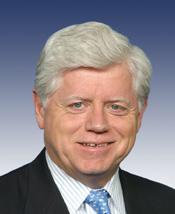
Co-Sponsor
-
TrackGeorge Latimer
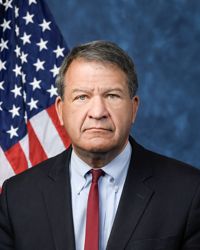
Co-Sponsor
-
TrackMichael Lawler
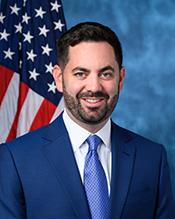
Co-Sponsor
-
TrackStephen F. Lynch

Co-Sponsor
-
TrackSeth Magaziner
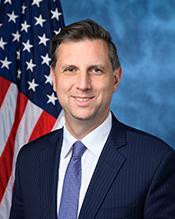
Co-Sponsor
-
TrackJohn Mannion
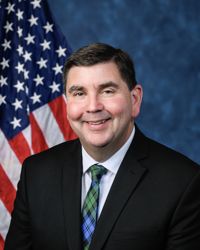
Co-Sponsor
-
TrackLucy McBath
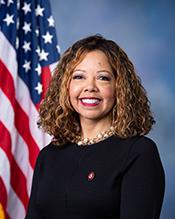
Co-Sponsor
-
TrackSarah McBride

Co-Sponsor
-
TrackApril McClain Delaney
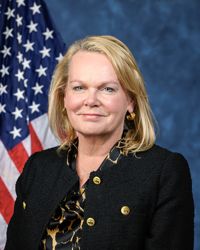
Co-Sponsor
-
TrackBetty McCollum
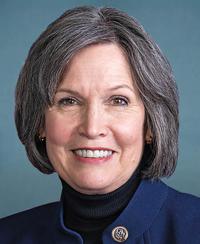
Co-Sponsor
-
TrackMorgan McGarvey
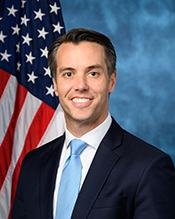
Co-Sponsor
-
TrackLaMonica McIver

Co-Sponsor
-
TrackGregory W. Meeks
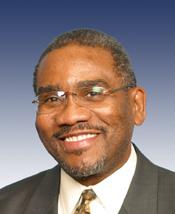
Co-Sponsor
-
TrackRobert Menendez
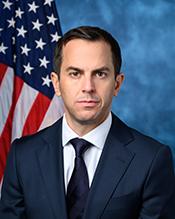
Co-Sponsor
-
TrackGrace Meng
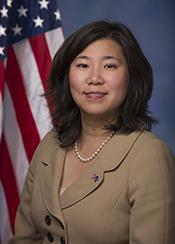
Co-Sponsor
-
TrackGwen Moore
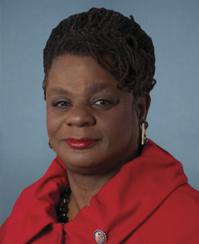
Co-Sponsor
-
TrackJoseph D. Morelle
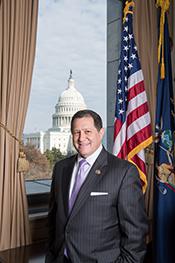
Co-Sponsor
-
TrackKelly Morrison
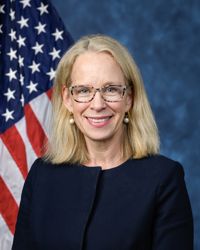
Co-Sponsor
-
TrackJared Moskowitz

Co-Sponsor
-
TrackSeth Moulton
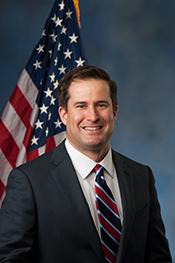
Co-Sponsor
-
TrackFrank J. Mrvan
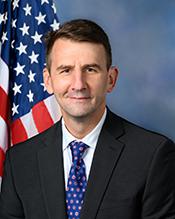
Co-Sponsor
-
TrackKevin Mullin
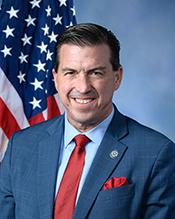
Co-Sponsor
-
TrackJerrold Nadler
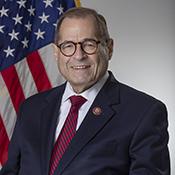
Co-Sponsor
-
TrackEleanor Holmes Norton
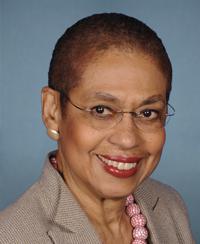
Co-Sponsor
-
TrackAlexandria Ocasio-Cortez

Co-Sponsor
-
TrackJohnny Olszewski
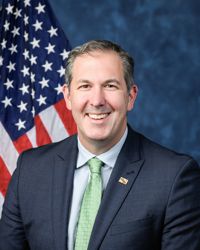
Co-Sponsor
-
TrackIlhan Omar

Co-Sponsor
-
TrackJimmy Panetta
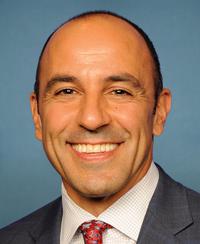
Co-Sponsor
-
TrackChris Pappas
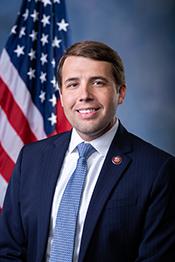
Co-Sponsor
-
TrackMarie Gluesenkamp Perez

Co-Sponsor
-
TrackScott H. Peters

Co-Sponsor
-
TrackBrittany Pettersen
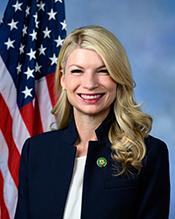
Co-Sponsor
-
TrackMark Pocan
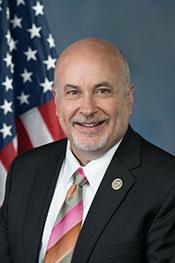
Co-Sponsor
-
TrackMike Quigley

Co-Sponsor
-
TrackDeborah K. Ross
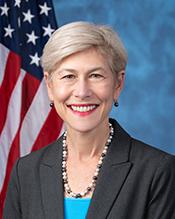
Co-Sponsor
-
TrackMary Gay Scanlon

Co-Sponsor
-
TrackJanice D. Schakowsky

Co-Sponsor
-
TrackBradley Scott Schneider
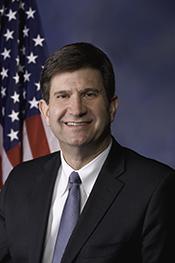
Co-Sponsor
-
TrackHillary J. Scholten
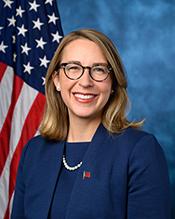
Co-Sponsor
-
TrackBrad Sherman
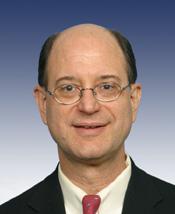
Co-Sponsor
-
TrackMikie Sherrill
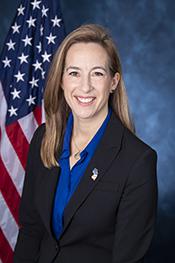
Co-Sponsor
-
TrackAdam Smith
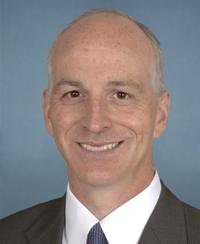
Co-Sponsor
-
TrackEric Sorensen
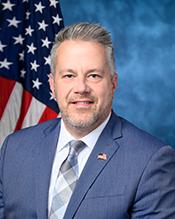
Co-Sponsor
-
TrackMelanie A. Stansbury
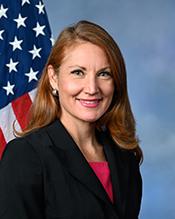
Co-Sponsor
-
TrackGreg Stanton

Co-Sponsor
-
TrackSuhas Subramanyam
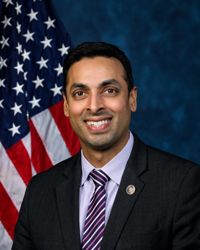
Co-Sponsor
-
TrackThomas R. Suozzi

Co-Sponsor
-
TrackLinda T. Sánchez

Co-Sponsor
-
TrackMark Takano
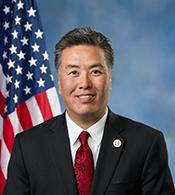
Co-Sponsor
-
TrackBennie G. Thompson
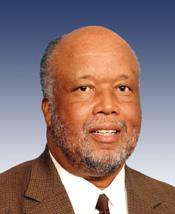
Co-Sponsor
-
TrackDina Titus
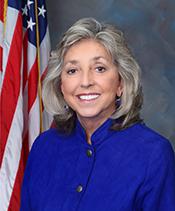
Co-Sponsor
-
TrackRashida Tlaib
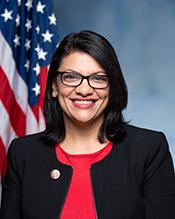
Co-Sponsor
-
TrackJill N. Tokuda
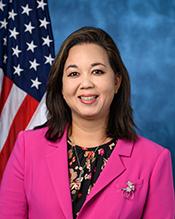
Co-Sponsor
-
TrackPaul Tonko

Co-Sponsor
-
TrackNorma J. Torres
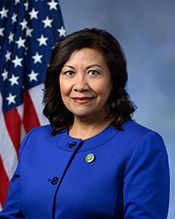
Co-Sponsor
-
TrackRitchie Torres
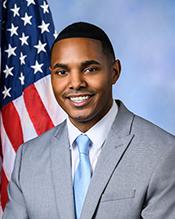
Co-Sponsor
-
TrackLauren Underwood

Co-Sponsor
-
TrackJuan Vargas
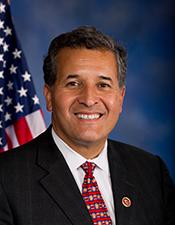
Co-Sponsor
-
TrackMarc A. Veasey
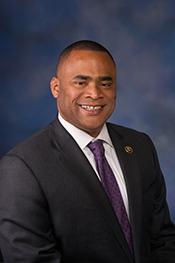
Co-Sponsor
-
TrackDebbie Wasserman Schultz
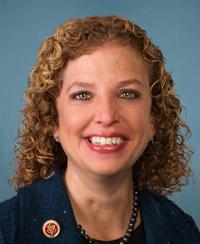
Co-Sponsor
-
TrackMaxine Waters

Co-Sponsor
-
TrackBonnie Watson Coleman

Co-Sponsor
-
TrackNikema Williams
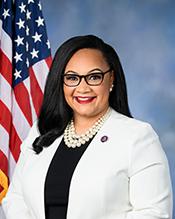
Co-Sponsor
Actions
2 actions
| Date | Action |
|---|---|
| Apr. 08, 2025 | Introduced in House |
| Apr. 08, 2025 | Referred to the House Committee on Education and Workforce. |
Corporate Lobbying
0 companies lobbying
None found.
* Note that there can be significant delays in lobbying disclosures, and our data may be incomplete.
Potentially Relevant Congressional Stock Trades
No relevant congressional stock trades found.